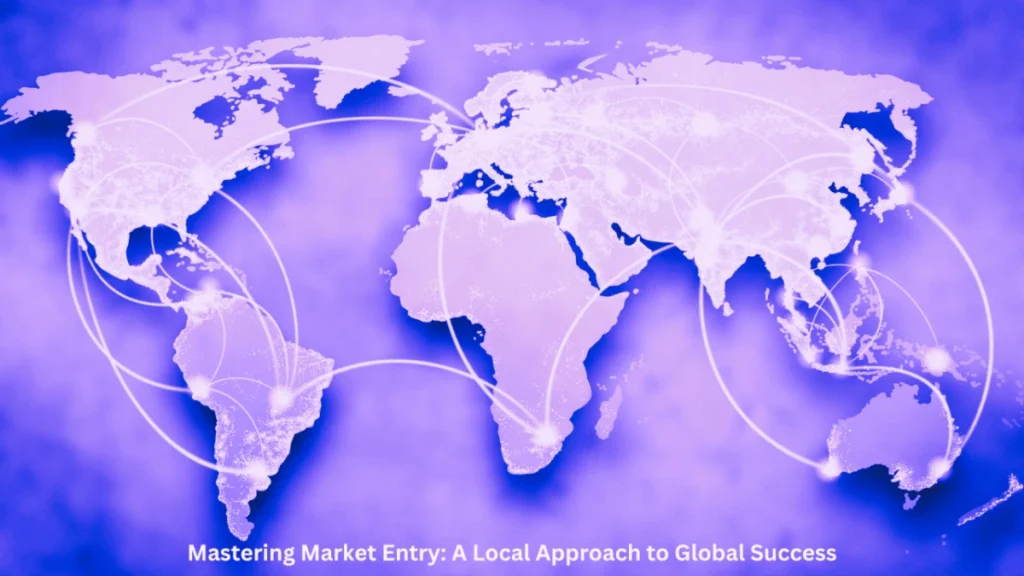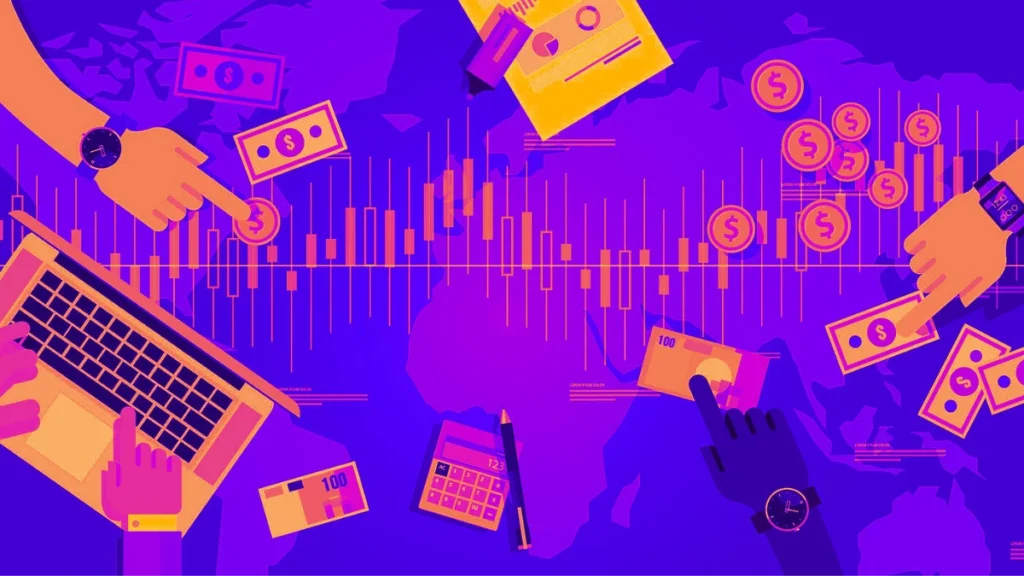What is the impact of global and local markets on economics?
Have you ever wondered what the reason for the increase in the price of coffee is or how global events impact the stock market? It all depends on economics. Economics is an invisible power that gives direction to the global and local markets. It is the power of companies at the local level. Impacts everything from operations to international trade policy
Table of Contents
ToggleSo how does it work? How does it impact you? Whether you are a student, a businessman or just curious about things around you, today we will find out. You will learn how economics plays a major role in this. How does it impact everything from the supply chain to local cafes

What is Economics, and why does it matter?
Let’s start with the basics. The study of economics is about how businesses and governments allocate resources and how they distribute resources. Studying economics is about making decisions about how best to create products and services. Be distributed and consumed.
It’s more than just the value of money. Economics impacts almost every aspect of our lives, from the jobs we do to the products and services we buy and the policies that shape our communities. This is the backbone of how our community works. This is a big thing.
The Economics of Global and Local Markets

The economics profession acts as a link between globalization’s broad trends and the local market functionality. Here’s how.
The Global Markets
The global market is the term used to describe the interconnected economies of countries. Economic factors influence trade agreements, supply chains and exchange rates.
- Tariffs and Trade
Have you ever noticed that electronics in one country tend to be cheaper than those from another? Tariffs and trade agreements are to blame. These agreements are guided by economics, which analyzes the most cost-effective countries for exporting and importing goods.
China, for example, has been a major hub of manufacturing and this role has helped to lower the cost of many products around the world. When tariffs are imposed (taxes imposed on imported goods), prices can soar. Do you remember the tensions in trade between China and the U.S.? This led to higher prices for smartphones, washing machines and other products.
Currency exchange rates
Why is the dollar worth less than Euros this year? The value of currencies is determined by factors such as interest rates and inflation. Strong currencies can increase the price of goods in a foreign country, while weaker ones can encourage exports.
Global Crises
Global markets are affected by events such as pandemics and wars. COVID-19 is a good example. The disruption of supply chains caused delays and increased prices across all industries, from food to automotive. We can predict and understand such cascading effects by using economics.
Local Markets
Local markets feel the impact of global economies more immediately than any other market.
Employment and wages
The local economy relies on the creation of jobs to flourish. Jobs and wages are created when industries flourish in an area, such as the tech industry in Silicon Valley. When industries are struggling, they lose jobs. The economics determines these trends.
In times of economic recession, for example, businesses in the locality often reduce their hiring or increase their prices to remain afloat. A booming economy, on the other hand, encourages new business ventures and more job opportunities.
Real Estate Markets
Have you ever wondered why the rent is so expensive in large cities such as New York? This is supply and demand in action, an economic principle. Prices are soaring because of limited space (low demand) and high interest rates (low supply). These trends are driven by local economic factors such as job markets and growth in the population.
Survival of Small Business
Local bakeries are not only great for delicious sweets, but they also help to boost the local economy. Small businesses, however, are extremely sensitive to changes in the economy, including labor costs, inflation or fluctuations in demand. Strong local economies mean more foot traffic and higher profits. They also provide opportunities for growth.
What Economics Has to Do with Decision-Making

The economics of government, business, and individual decisions is not just theoretical.
The Governments
Governments use economics to determine the best policies for stabilizing or stimulating markets. As an example:
- Monetary policy: The Federal Reserve, for example, adjusts interest rates in order to either control inflation or encourage borrowing.
- Fiscal policy: The government aims to increase economic growth by increasing spending on public services or changing tax policies.
Want proof? Want proof?
Business Opportunities
Every business decision involves economics. Here’s how:
- Pricing Strategy: Companies analyze the market and competitors to determine prices that maximize profits while remaining competitive.
- Management of Supply Chain: The smartphone maker selects its suppliers on the basis of cost efficiency and fluctuating raw material costs.
- Plans for expansion: A business evaluates the local economy, such as average income and customer behavior, before opening a location.
Peoples
Economics affects everything, from career decisions to budgeting. Consider:
- Consumer Spending Behavior: When the economy is slow, people tend to cut back on expensive goods and spend less in times of uncertainty.
- Making Investing Choices: Knowing the economic situation can help determine whether you should buy real estate, stocks or bonds.
Example Economic Impacts You Can Relate to
Are you still unsure of how the economics in your daily life plays out? These are some examples that you can relate to:
- What Causes Gas Prices to Fluctuate? Disruptions in global oil supplies (like tensions between oil-producing regions) can affect local prices.
- Shopping Seasons: Have you ever noticed seasonal sales? Business owners use economic trends as a way to increase profits at peak times.
- Remote work is on the rise: After pandemics, many professionals switched to remote positions. The shift in the local economy impacted the city center traffic but also boosted suburban businesses.

The Key Indicators of Economic Activity
Do you want to know the impact of economics on markets? Watch these indicators.
- Gross Domestic Product (GDP): Measures the nation’s total economic output. Growing GDP indicates a strong economy.
- Unemployment rate: A high unemployment rate indicates a slowdown in the economy, while a low rate suggests robust growth.
- Consumer Price Index: Monitors the changes in prices of basic commodities. CPI increases are often a sign of inflation and can prompt policymakers into action.
Why Economics is Your Superpower
Economics isn’t just for economists. It’s also for anyone interested in making better decisions, whether growing their business through changes in values, selecting a career, or simply finding a good and cheap deal on a new car. You can benefit from economics. You can stay on top of the market by using economics to predict trends and make confident decisions.

